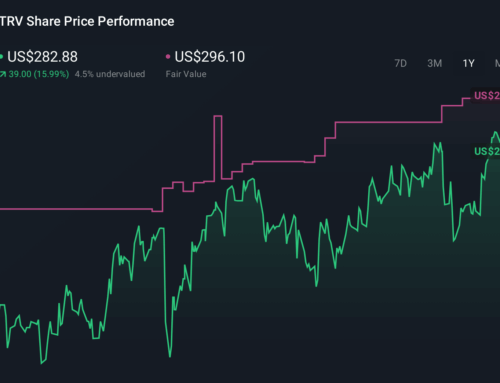A Little Good News for Rivian Investors
May 5, 2025
Unless you’ve been purposely avoiding the news, you’ve surely heard about the Trump administration’s tariffs. While Trump has used tariffs as bargaining chips and to influence foreign policy, the auto industry has been concerned that it could see raised prices, reduced sales, and less profit.
For Rivian Automotive (RIVN -3.65%) investors, there’s a little bit of good news on the tariff front and with one strategy it used to offset some of the tariff headwinds.

Image source: Rivian.
Relief is coming
The first bit of good news for Rivian investors is the Trump administration’s tariff relief. Currently, there’s a 25% tariff on imported vehicles, and a 25% tariff on vehicle parts that began on May 3.
A couple of executive orders are expected to provide some relief for the automotive industry. Essentially, for a vehicle with 50% imported parts, the automaker would only have to pay tariffs on 35% of the vehicle for the first year. The rebate is then lowered in year two and then phased out. That means that a vehicle with 85% domestic parts will avoid tariffs during the first year – it should be noted 85% is a high percentage of domestic parts.
A separate executive order noted that automakers would pay only up to a 25% tariff on a vehicle and its parts, and would not have to pay additional import taxes on aluminum and steel used in the vehicle, or because it was imported from Canada or Mexico.
While the relief is welcomed, not everyone thinks it’s hugely helpful. One such person is Dan Ives, managing director of autos at Wedbush Securities, according to the Detroit Free Press: “It’s akin to having a car accident and saying, ‘Oh good, it’s not totaled, but it’s still $20,000 worth of damage.'”
Rivian’s quiet gamble
In a strategic move, Rivian quietly began building a reserve of electric vehicle (EV) batteries from Asia ahead of the Trump administration’s tariffs. The small gamble is paying off and gives the company a little insurance against the tariff pressure being applied on the entire automotive supply chain.
Rivian even acquired a supply of lithium-iron phosphate cells from China’s Gotion High-Tech Co. before the U.S. election and more recently worked with cell supplier Samsung SDI to move a substantial amount of battery inventory to the U.S. from South Korea.
Ultimately, the moves should help ease potential supply chain complications and costs from the tariffs, but it won’t last forever. Rivian will have higher domestic parts usage than mainstream automakers, such as Ford Motor Company and General Motors, but the tariffs on parts will still sting the automaker.
What it all means
The tariff relief, even if not as helpful as investors would like, is welcomed by the automotive industry, and Rivian’s foresight to stockpile battery supplies ahead of the tariff announcements was a smart move to help offset some of the near-term costs. It’s important, because the battery cells that Rivian uses from vehicle electrification specialist Gotion largely go in its commercial delivery van, primarily for Amazon.
But 2025 is still setting up to be a lackluster year for Rivian as sales for its R1 vehicles seem to have peaked, and the launch of its R2 model — more modestly priced to appeal to a larger swath of customers — won’t happen until 2026, and it can’t come soon enough.
John Mackey, former CEO of Whole Foods Market, an Amazon subsidiary, is a member of The Motley Fool’s board of directors. Daniel Miller has positions in Ford Motor Company and General Motors. The Motley Fool has positions in and recommends Amazon. The Motley Fool recommends General Motors. The Motley Fool has a disclosure policy.
Search
RECENT PRESS RELEASES
Related Post



